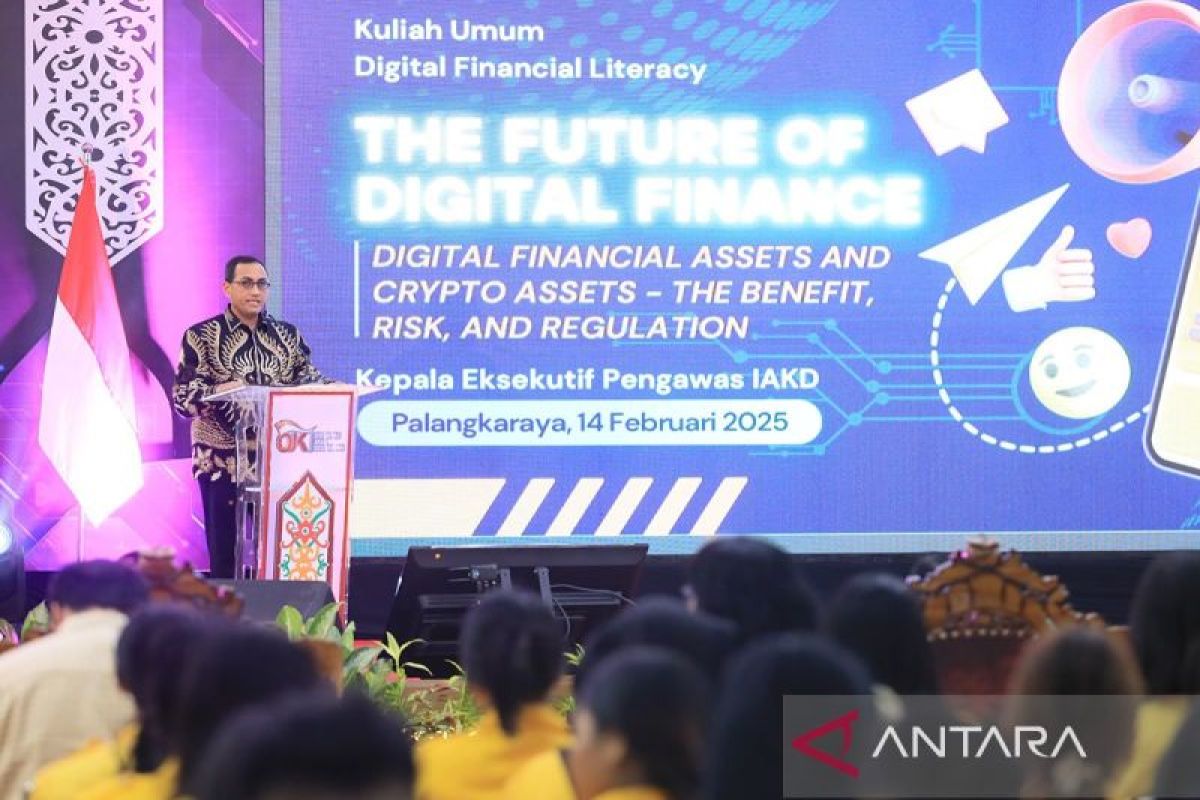Indonesia’s Crypto Resilience: Navigating Global Market Shocks

Indonesia’s Crypto Landscape: Navigating Opportunities and Challenges
The Current State of Indonesia’s Crypto Industry
Indonesia’s cryptocurrency sector finds itself at a pivotal moment, balancing significant growth potential against a backdrop of increasing global complexities. Recently, the nation secured the third spot in the Chainalysis 2024 global crypto adoption index, highlighting the public’s growing interest in digital assets.
Regional Competition Intensifies
However, neighboring countries like Vietnam and Thailand are advancing with regulatory frameworks and incentives that may soon overshadow Indonesia’s competitive advantages. Thailand has introduced a five-year personal income tax exemption for individuals trading on local crypto exchanges, signaling its ambition to become a leading crypto hub in Asia. Meanwhile, Vietnam has enacted the Digital Technology Industry Law, formalizing the status of crypto assets within a robust legal framework that emphasizes anti-money laundering and anti-terrorism measures.
The Need for Effective Regulation
Despite the competitive landscape, Indonesia possesses a vast potential market for cryptocurrencies. The Financial Services Authority (OJK) reported that crypto asset transactions in the country reached Rp32.45 trillion (approximately US$1.9 billion) in March 2025, showing stability compared to the previous month. The number of crypto investors also rose from 13.31 million to 13.71 million during the same period.
Hasan Fawzi, the chief executive overseeing financial sector innovation at the OJK, expressed optimism about continued growth in the number of crypto investors. As of April, Indonesia boasts 1,444 tradable crypto assets, with 22 entities approved for participation in the trading ecosystem.
However, Calvin Kizana, CEO of Tokocrypto, warns that Indonesia must act swiftly to remain competitive. He emphasizes the necessity for collaboration among government bodies, industry stakeholders, and the community to foster supportive regulations, enhance education, and provide incentives for broader adoption.
Regulatory Transition and Challenges
The oversight of crypto assets in Indonesia has recently transitioned from the Commodity Futures Trading Supervisory Agency (Bappebti) to the OJK, a change mandated by Law No. 4 of 2023. Currently, crypto assets are classified as commodities rather than legal tender, limiting their use for transactions involving goods and services.
Moreover, the existing taxation framework remains a concern. Each crypto transaction incurs a final income tax of 0.1% and a VAT of 0.11%, a burden that some industry players find challenging, especially in light of regional competition. Kizana suggests that Indonesia’s fiscal authorities could learn from Thailand’s tax incentives to develop more industry-friendly policies.
The Importance of a Supportive Ecosystem
Kizana also highlights the need for clearer legal frameworks and a roadmap for technology adoption, similar to Vietnam’s approach. This clarity is crucial for attracting institutional investors and fostering innovation in areas like decentralized finance (DeFi) and asset tokenization.
To cultivate a thriving crypto ecosystem, Indonesia must not rely solely on regulatory measures. Kizana stresses the importance of fiscal incentives, enhancing digital literacy, and providing robust support for local startups and developers. A comprehensive ecosystem that spans education, funding, incubation, and legal protection is essential for sustainable market growth.
Geopolitical Influences on the Crypto Market
In addition to local challenges, geopolitical tensions, particularly in the Middle East, have significant implications for the crypto market. Recent conflicts and economic uncertainties have led to notable fluctuations in the values of Bitcoin and other major cryptocurrencies. As of Wednesday afternoon, Bitcoin’s price had risen by 0.6% to US$106,679, while Ethereum increased by 1.28% to US$1,434.78, reflecting market optimism amid regional stability.
However, investor profit-taking and skepticism about the durability of peace agreements have overshadowed these gains. The crypto market’s vulnerability to global events underscores the necessity for Indonesia to build a resilient domestic ecosystem that can withstand external shocks.
The Path Forward for Indonesia’s Crypto Industry
To thrive, Indonesia must not only aim to be a central player in the crypto market but also a leader in blockchain innovation that can endure global volatility. This requires collaboration among regulators, industry participants, and educational institutions to cultivate skilled digital talent, including developers, blockchain engineers, and cybersecurity experts.
As the digital economy increasingly intertwines with blockchain and crypto assets, Indonesia must remain proactive in its development efforts. The race in the crypto industry is intensifying, and the nation must harness its potential to ensure a prosperous future in this evolving technological landscape.







